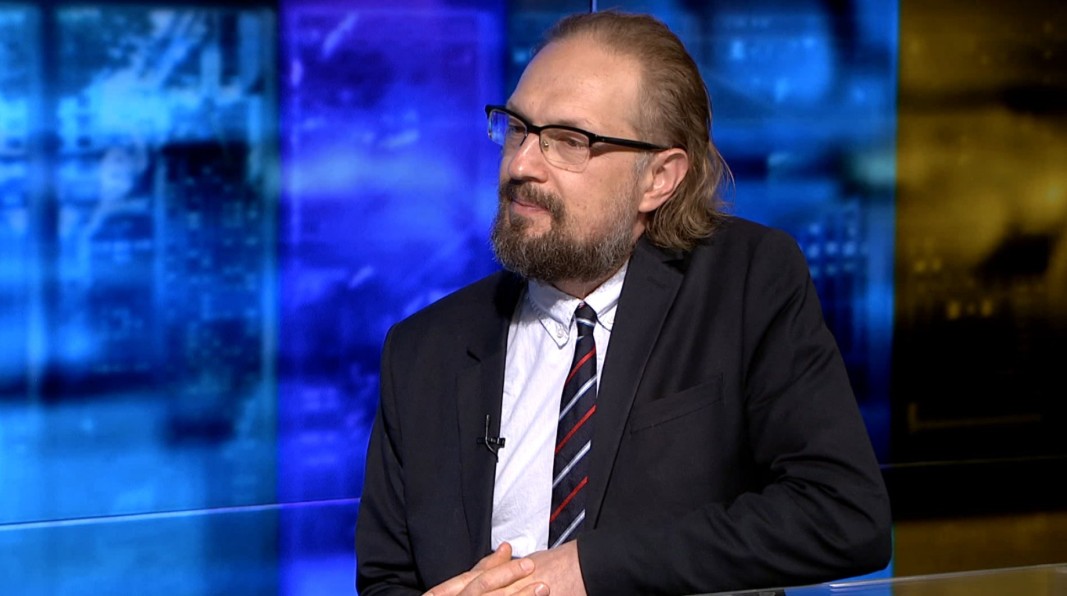Bulgaria occupies a place near the bottom of the media literacy index for 2021 – 30th position out of 35 European countries, and falls into the same group as Greece (27), Romania (28), Serbia (29), Turkey (31) and Montenegro (32). Developed by the European Policies Initiative (EuPI) of the Open Society Institute, Sofia, the index assesses the resilience potential to fake news using indicators for media freedom, education and trust in people.
According to analysts Bulgaria’s negative score is the result of the low level of reading literacy demonstrated by the PISA assessments, the poor evaluation in the Freedom House and Reporters without Borders international reports on media freedom and the low level of trust among people. The country’s performance is somewhat better in indicators referring to share of the population with university education and e-participation of citizens in the administration.
The countries of Europe considered the best equipped to withstand the impact of fake news and disinformation are Finland, Denmark, Estonia, Sweden and Ireland. A fact that has its logical explanation – a high standard of education and media freedom.
“The index we have drawn up includes certain recommendations among which giving precedence to education before setting down any regulations or restrictions,” explains the author of the analysis Marin Lessenski in an interview for the BNR’s Hristo Botev channel. “Education cannot solve all problems but it can help for the most part. Finland, which once again tops the media literacy index, has a programme for tackling fake news, and it starts in kindergarten.”

Just like media culture, culture political is a skill that takes many years to nurture. “When we have people capable of a critical view of the news they learn and capable of civil interaction with others, then things will get better,” the researcher says and adds that developing media and political culture in this country is still “mostly an effort by individual organizations and enthusiasts rather than by the system as such”.
One of the basic requirements if we want to describe a given society as resilient to the spread of fake news is trust in the people we associate with.
“This is one more sphere in Bulgaria in which we are seeing low scores. We do not trust the people in our immediate environment. The fact that we lack basic trust is a big problem for the way society operates on a day-to-day basis.”
The timing of the index’s release is most certainly unique – it analyzes two seemingly unrelated factors which shape what is happening in society. One is the Covid-19 pandemic and the other – the infodemic which was born with the birth of the worldwide web but which has intensified immensely over the past year:
“Fake news and disinformation have transformed the health crisis into a social and a political crisis. People found they were unable to grasp what was right and what was wrong, and that is a global phenomenon. We did an analysis some time ago which showed that the lower the score of a given country, the higher the lack of trust in scientists and journalists.”
Marin Lessenski points to one more tendency – that of the mounting pressure on the independence of media since the start of the Covid crisis.
“Quite a few authoritarian governments have been using the pandemic to put even more pressure on independent media and that is something that should not be allowed to happen,” says Marin Lessenksi, Programme Director at the European Policies Initiative – Open Society Institute, Sofia.
Interview by Mihailina Pavlova, Hristo Botev channel, BNR
Editing by Yoan Kolev
Translated from the Bulgarian by Milena Daynova
Photos: libraryNearly two centuries ago, in the distant 1838, the Bessarabian Archbishop Dmitry Kishinev and Khotinsky consecrated the magnificent Orthodox church "The Holy Transfiguration of the Lord" , built with voluntary donations and labor by the Bulgarian..
Bringing youthful energy, colour and cheer to the Bulgarian National Radio studio, students from the Bulgarian Sunday School Dr Petar Beron arrived from Larnaca. The group from Cyprus — 16 pupils aged between 14 and 19 — is currently on a week-long..
At the outset of the war between Russia and Ukraine, the Bessarabian Bulgarians across all lands marked their national day with prayers for peace. Nearly four years on, burdened with even greater sorrow, they commemorate that special day scattered..
On 27 October, the first meeting of Action CA-24150 “Values in Turbulent Times: Navigating Social Change and Challenges (VISTA)” took place in Brussels...
In the summer of 2014, photographer Philippe Bazin and philosopher Christiane Vollaire traveled around Bulgaria, investigating a series..
The European Commission praise s Montenegro’s progress toward EU membership North Macedonia needs decisive action and reforms to begin..

+359 2 9336 661
